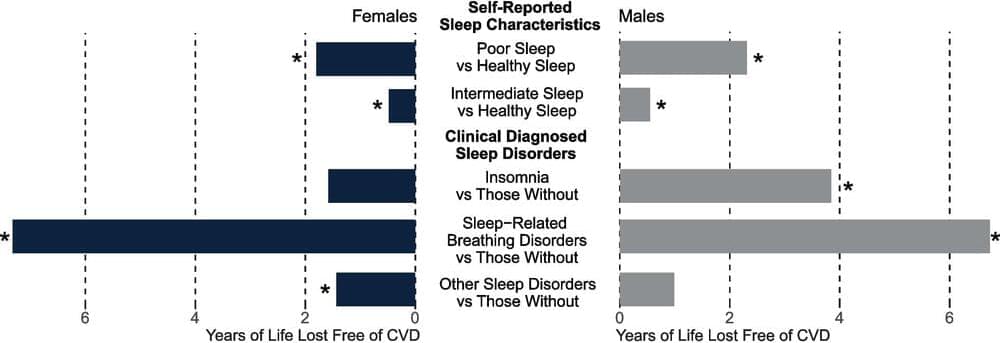After testing several different types of grass and other raw materials, Plantd settled on a perennial (meaning it grows back every year and doesn’t need to be re-planted) long grass that can grow 20 to 30 feet in a year.
Though grass is obviously softer than wood, it contains a similar cellulose fiber that can be broken down then reconstituted and engineered in such a way that the final product is even stronger than wood (check out this video that made the rounds on LinkedIn last year: a regular wood panel and a Plantd panel are subjected to a sledgehammer, and just one of the two withstands the test).
Plantd makes structural building panels for wall sheathing, roof decking, and subflooring, and they say their product outcompetes wood on every metric: it’s stronger, cheaper, lighter, more moisture-resistant, and captures more carbon—all for the same cost as wood. The panels are meant to be a replacement for a plywood-like material called traditional oriented strand board, or OSB. Custom-built machinery uses heat and pressure to press shredded grass into panels, with a standard four-by-eight-foot panel using about 50 pounds of grass.






